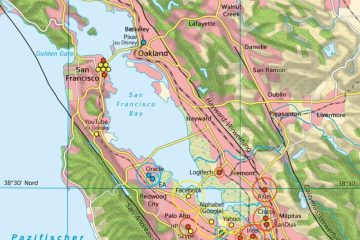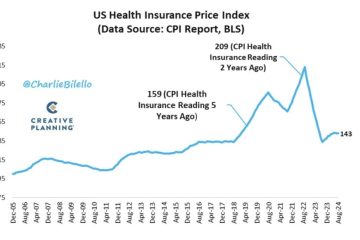Bahrain’s Economic Development: Opportunities and Challenges
Introduction
Bahrain, an island nation in the Arabian Gulf, has been a significant player in the Middle East’s economic landscape for decades. Known for its modern financial sector, prominent banking facilities, and thriving tourism industry, Bahrain’s economic development is crucial not only for its citizens but as a key component of the broader Gulf Cooperation Council (GCC) economy. In recent times, Bahrain has faced numerous challenges, including fluctuating oil prices and global economic factors, making the examination of its current economic situation more relevant than ever.
Economic Overview
With a GDP of approximately $38 billion in 2022, Bahrain has maintained a steady growth rate despite the challenges posed by the COVID-19 pandemic. It has diversified its economy heavily over the years, focusing on sectors such as finance, manufacturing, and tourism. The Kingdom aims to reduce its dependency on oil, which contributes to about 80% of its revenue. Recent projections suggest that the non-oil sector will grow by an impressive 5% in the coming year, supported by governmental initiatives and foreign investments.
Trade Relations
Bahrain is actively bolstering its trade agreements to enhance economic resilience. As a founding member of the GCC, it has established strong trade ties with several countries, particularly Saudi Arabia and the United Arab Emirates. Furthermore, Bahrain’s free trade agreement with the United States, enacted in 2006, has proven advantageous, providing access to one of the largest markets in the world. These relationships are critical for sustaining economic growth and promoting a favourable investment climate.
Recent Challenges
Despite positive developments, Bahrain faces several challenges. The rapid decline in oil prices over the last few years has severely impacted public finances, leading to budget deficits that necessitate austerity measures and economic restructuring. Additionally, the nation has been dealing with high unemployment rates among the youth, prompting the government to initiate various employment programmes aimed at job creation and skills development.
Future Outlook
Looking ahead, Bahrain’s vision for 2030 plans to continue its journey towards economic diversification, positioning itself as a global fintech hub and enhancing its tourism appeal. The ongoing development of the Bahrain International Airport and the expansion of the tourism sector are poised to attract more international visitors, injecting additional revenue into the economy. However, careful monitoring of global oil prices and regional stability will be critical for sustaining growth.
Conclusion
Bahrain stands at a crossroads, with both opportunities and challenges shaping its economic landscape. While it has made significant strides in diversifying its economy away from oil reliance, external factors continue to influence its development trajectory. For residents and investors alike, understanding Bahrain’s economic dynamics is essential as it embarks on this transformative journey.








